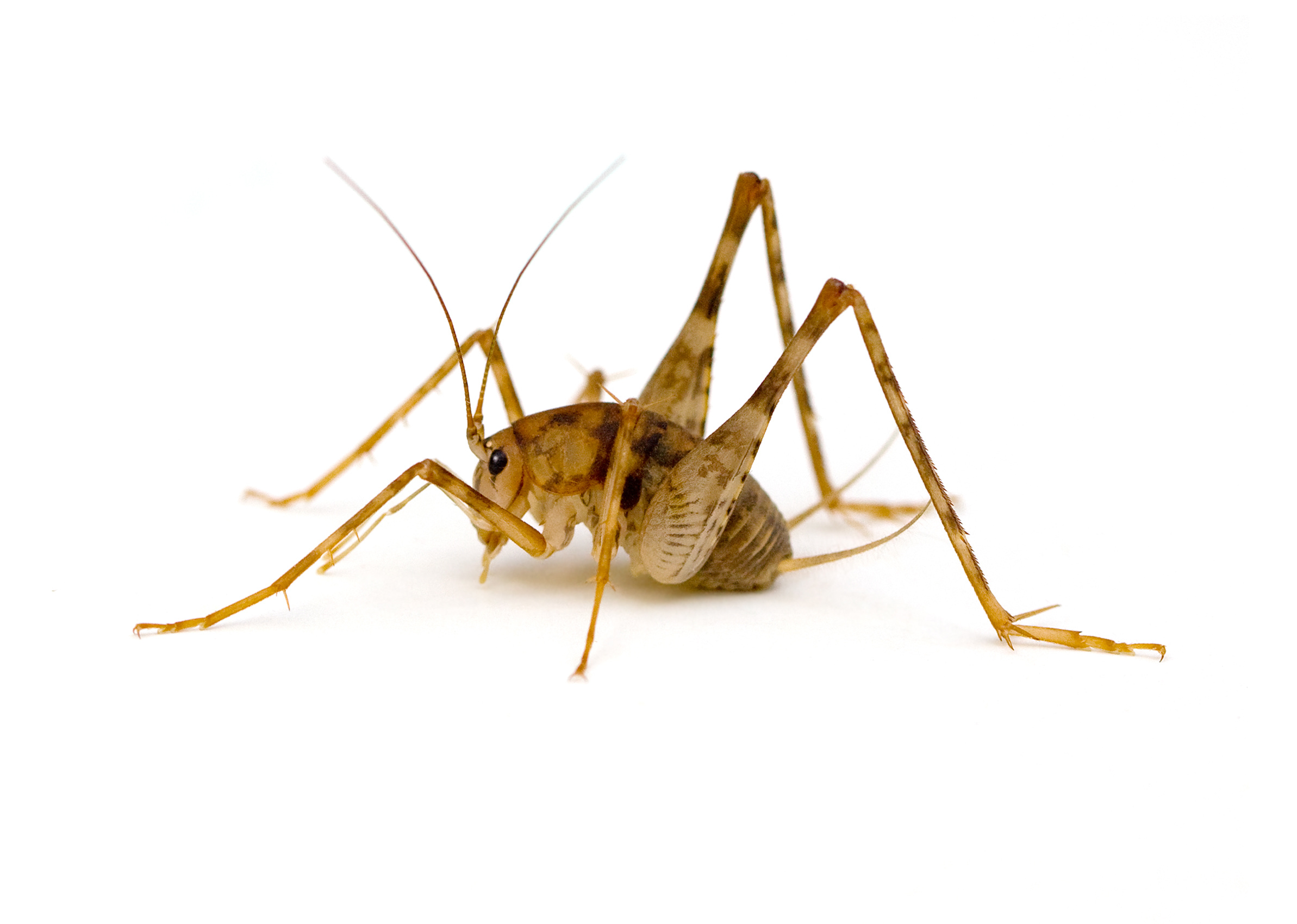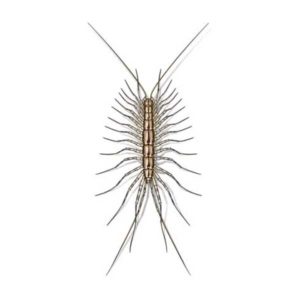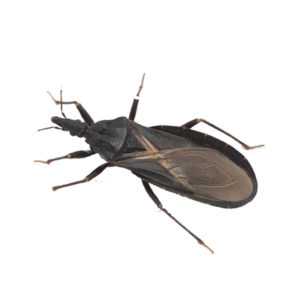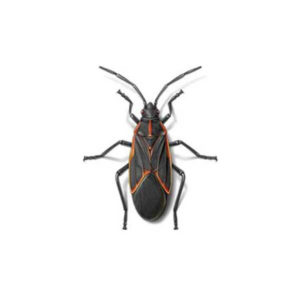Camel Crickets in Bristol and Johnson City TN
The name camel cricket is derived from the rounded hump on the insect’s back that resembles the hump of a camel. Sometimes referred to as “cave crickets” or “land shrimp,” they are more closely related to katydids than true crickets and do not chirp. Camel crickets are widespread in the United States and often move inside dwellings during hot, dry weather and have been observed feeding on clothes and lace curtains. Due to their size and quick jumping ability, camel crickets can be quite disturbing to homeowners.
Camel Cricket Habitat
Camel crickets prefer damp, dark environments. Outside, camel crickets are found living in leaf litter, under logs or stones, in tree holes, in hollow logs, or stacks of firewood and other cool, damp areas. They may move into homes during the fall when seeking a place to overwinter. Camel crickets may commonly be found in crawl spaces or basements, occasionally in large numbers; however, they may also be found in living areas, garages, and storage rooms. Camel crickets can also be found in considerable numbers in attics above two-story homes.
Camel Cricket Behaviors, Threats, or Dangers
Camel crickets do not spread disease and do not bite, however, they can become a nuisance if they gain entry into a home, damaging houseplants, clothing, and fabrics. Camel crickets are nocturnal and will be observed by the homeowner in the evening when the lights are turned on in a dark room. When threatened, camel crickets leap when frightened, which can be an unnerving experience as a homeowner turns on the lights in their basement or garage. If you suspect a camel cricket issue on your property, contact your local exterminators.
Need help with Camel Cricket control?
We'll call you! Leave your information below.





